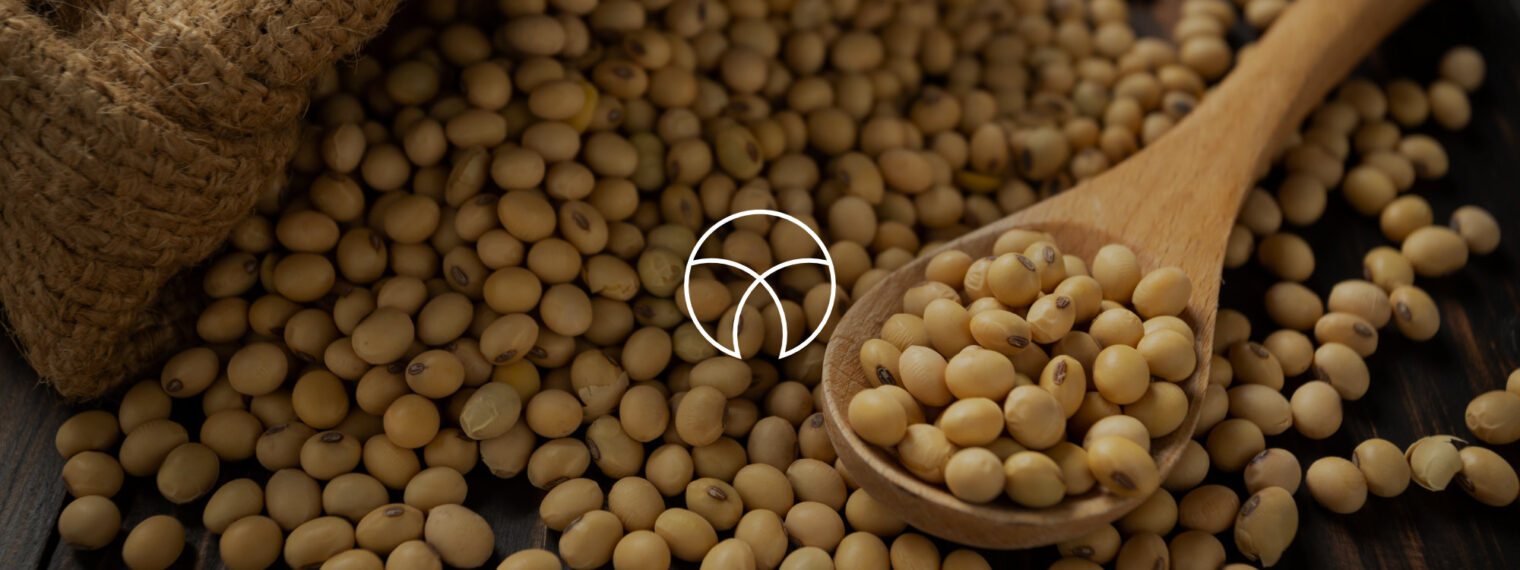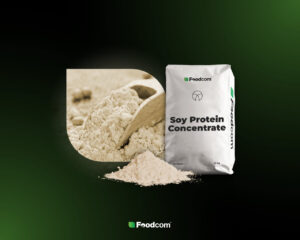Negative Environmental Impact of Soy Production
This month, a Dutch company Nutreco, specializing in fish and animal feed production, announced a new policy of souring soy to minimize its environmental impact. Soy cultivation is one of the largest sectors driving deforestation with more than 500 000 hectares of rainforest and savannas razed for this purpose. Therefore, Nutreco decided to formulate and implement a set of company guidelines as to their sourcing of soy and palm oil, which they buy yearly around 1.5 million tonnes and 80,000 tonnes respectively. The policy guidebook contains instructions as to the process of evaluating whether the material is free from deforestation and enlists traceability, purchasing, and sustainability criteria. The guidelines are compliant with Nutreco Sustainability Road Map 2025 and are aimed at becoming a fully deforestation-free buyer within the next five years.
The initiative is needed, as a recent European Soy Monitor published in May 2020 found that only 19% of the soy used by European countries was sourced from deforestation-free areas in 2018. Furthermore, 38% of soybean meal followed the regulations developed by European Feed Manufacturers’ Federation (FEFAC), and 19% were certified with deforestation-free principles compliant with those regulations.
The study conducted by the Research Institute of Organic Agriculture (FiBL) in Austria, found that the changes in land use are the largest factor for reduction in CO2 emissions. The research compared the environmental impact between Brazilian-sources soy protein concentrate (SPC) and Europe Soya (ES) certified SPC in order to explore the potential for supply chain development for Norwegian salmon feed. Brazil is the largest supplier of soy to the EU, in 2018 it delivered 13.5 million metric tonnes of the product. The demand for the Norwegian salmon cultivation sector is large, with 281,600 tons of SPC imported to Norway to use in fish feed. The study found that using ES soy protein concentrate in Norwegian salmon production reduces CO2 emissions by 41% compared to Brazilian SPC default. Donau Soja, who commissioned the research, claims that over half of the demand for SPC from the manufacturers of Norwegian salmon can be covered with ES certified SPC in 2021.








